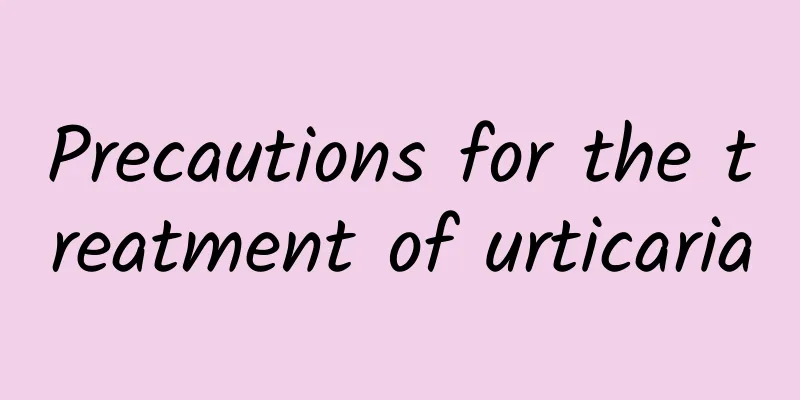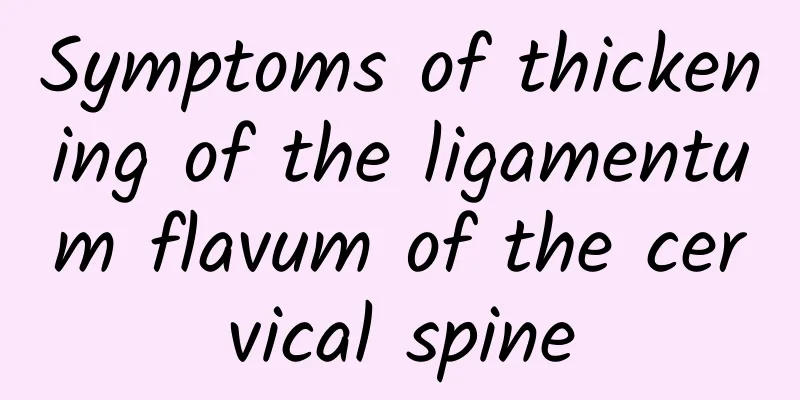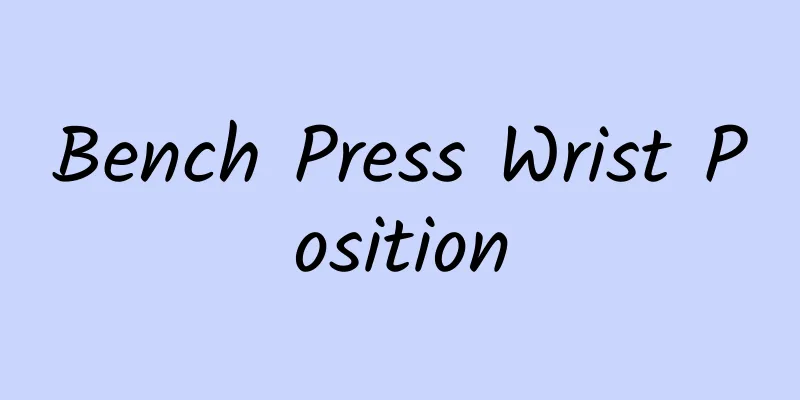Precautions for the treatment of urticaria

|
The treatment of urticaria should aim to block the allergens. If urticaria cannot be eradicated, it will recur. The main treatment for urticaria is drug therapy. Antihistamines and anti-allergic drugs are common treatments for urticaria. 1. Block allergens First of all, we should try our best to find out the cause of the disease and eliminate it. Current medicine believes that urticaria cannot be cured, and both adults and children should be mentally prepared to coexist peacefully with urticaria. (1) Avoid contact with allergens, and prohibit or abstain from certain drugs or foods that are allergic to the body. Food elimination method: Generally, 3-4 days after the onset of the disease, if the skin lesions are alleviated or subsided, recall the past and see if there is any difference between the food you ate before the rash appeared and the food you ate in the past 3-4 days. If you find suspicious food but cannot be sure, wait until the rash completely subsides and use stimulation test to eliminate it. (2) For patients who are prone to relapse after cold or hot stimulation, they should not avoid it excessively. Instead, they should gradually expose themselves to it by gradually extending the time of cold or hot stimulation and allowing them to adapt. Avoid contact with allergens (3) For allergies caused by autologous lesions, pediatric patients should actively treat the primary disease to eliminate the allergens. (4) Skin test The skin test method for the ingestion group is simple and children may not tolerate it. It only involves using an empty needle to inhale a skin test solution containing milk, rice, soybeans, etc., and then making multiple pricks on the subject's upper arm to observe allergic reactions to various foods. (5) Identify environmental impacts. Dust, pollen, etc. may be allergens that cause urticaria in children. Urticaria is more likely to recur, which is also one of the reasons why it is difficult to cure. The following are several main treatment methods, among which drug treatment is the most commonly used and has the fastest effect. 2. Anti-allergic treatment: drug treatment (1) Antihistamines: Antihistamines are important drugs for treating patients with various urticaria and can control the symptoms of most patients. (2) Sympathomimetic drugs: mainly used for severe acute urticaria and should be used with caution in patients with hypertension. (3) Antiacetylcholine drugs: commonly used are atropine, propantheline and scopolamine. It is mainly used to relieve patients' gastrointestinal symptoms such as abdominal pain. 3. Anti-allergic treatment: non-drug treatment (1) Autohemotherapy: It can be divided into whole blood and hemolytic. Whole blood therapy involves drawing blood from the patient's vein and immediately injecting it into the buttocks muscle, 2-3 times a week. The first injection is 5 ml, with no adverse reactions. Later, it is changed to 10 ml per day, and 10 times is a course of treatment. Hemolytic therapy involves drawing 5 ml of venous blood, adding 5 ml of injection water, gently shaking to mix to dissolve the blood, and injecting it into the buttocks muscle after 2-3 minutes. (2) Plasma exchange therapy: The concentrations of cellular components and plasma in the blood are different. Plasma can be separated by centrifugation and exchanged to remove certain substances in the plasma that are related to the disease, thereby alleviating symptoms or relieving the condition. However, due to high requirements and certain adverse reactions, its use is limited. 4. Daily care (1) Try to catch as few as possible Most people's instinctive reaction to itchy skin is to scratch it with their hands, but you may not understand that this action not only fails to relieve the itching, but may make the itching worse. This is mainly because when you scratch the area, it increases the local temperature and causes the blood to release more histamine (allergens), which makes the condition worse. (2) Avoid hot compresses as much as possible Some people use hot compresses to relieve itching. Although heat can temporarily relieve local pain, it is actually another form of stimulation because heat can cause blood vessels to tense and release more allergens. For example, some people soak in hot springs or bathtubs in winter, or keep themselves overly warm by wrapping themselves in heavy quilts, which are likely to cause urticaria. (3) Avoid eating foods containing artificial additives and eat more fresh fruits and vegetables. Fried, deep-fried or spicy foods are more likely to cause urticaria to worsen or recur. |
<<: How is the effect of TCM treatment of pleurisy?
>>: What is skin ulcer? These people should be careful.
Recommend
Blood in the stool but no pain
Generally speaking, if there is blood in the stool...
Three situations of fetal heart rate deceleration
Fetal heart rate monitoring helps to observe the ...
What are the foods that cause heat in the body?
Getting "internal heat" is actually a t...
Massage method for gas discharge
Abdominal bloating often occurs in life. It is a ...
Does Panax notoginseng replenish blood? Functions and effects of Panax notoginseng
Panax notoginseng, also known as Panax notoginsen...
Can I take American ginseng when I have a cough?
Coughing is something we all encounter in daily l...
The lump on the buttocks is not painful or itchy
If a lump on the buttocks is painless and itchy, ...
Is Astragalus a heaty or a cooler?
Scutellaria baicalensis is neither a hot nor a co...
What are the effects of Danshen Schisandrae Chinensis Tablets?
Many people will find that when they go to a trad...
How to treat chronic eczema
Eczema is already a common skin disease, and it i...
How to enlarge breasts in the healthiest way
There are so many methods of breast enhancement o...
What are the serious symptoms of aspirin allergy
Aspirin is a relatively common western medicine. ...
Can multiple colon polyps heal on their own?
Multiple colon polyps are a type of colon polyps,...
The consequences of autonomic nervous system disorders are very harmful.
The impact of autonomic nervous system disorder o...
What is the reason for the soreness on both sides of the waist
Whenever people mention the problem of soreness a...









